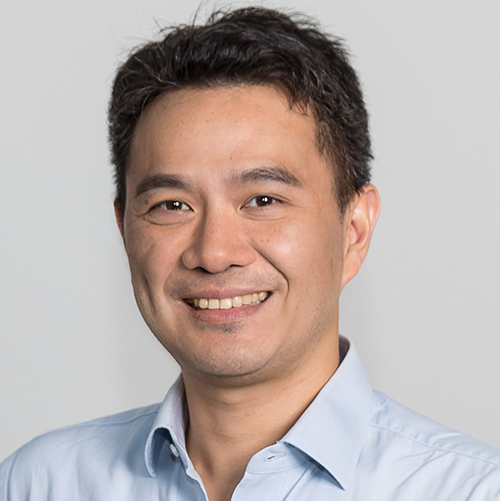The US Trade and Development Agency (USTDA) will provide grant funding for Ho Chi Minh City's smart cities project, allowing the Vietnamese city to manage its daily operations with advanced data analytics.
“Ho Chi Minh City has an ambitious smart cities agenda, and USTDA is an ideal partner to support its goals,” says Todd Abrajano, chief operating officer, head of agency, at USTDA. “Our partnership will help the city deploy cutting edge information and communication technologies and advanced data analytics that innovative US companies are ready to supply.”
Among other priorities, the smart cities project will establish an Intelligent Operations Center, which will incorporate real-time urban data onto a dashboard platform for use by local leaders. The goal is to help Ho Chi Minh City improve the delivery of services to its rapidly growing population and advance economic development.
Virginia-based Winbourne Consulting will execute the assistance on behalf of the city's Department of Information and Communications.
“This is a watershed moment for Vietnam and US business to drive new partnerships, expand new opportunities and engage the critical sectors in Vietnam,” says US Ambassador to Vietnam Daniel Kritenbrink. “With the United States as a partner, Vietnam has the potential to leapfrog into a modern, digitally enabled economy, advancing beyond other countries in the region.”
USTDA said its support for the project aligns with key digital economy priorities of the administration including the US-ASEAN Smart Cities Partnership.
Ho Chi Minh City is facing a number of quality of life challenges, notably chronic traffic congestion, and is trying to speed up its long delayed plans for an extensive metro system, eventually comprising eight lines covering the city of 8.5 million people.
The central Vietnamese government recently decided to cancel a US$390 million loan from the Asian Development Bank to fund the second line of the Ho Chi Minh City Metro, and seek a new round of financing.
Deputy Prime Minister Pham Binh Minh approved a Finance Ministry proposal to cancel the ADB loan and asked the ministry to negotiate with the ADB. The Government Office has sent a notice of the cancellation to the Ministry of Planning and Investment and the municipal government.
The HCMC government has to arrange the city’s budget to pay the costs related to the loan cancellation. The city will also work out plans and mobilize new funding for the project.
Line 2 runs from Ben Thanh Market in District 1 to Tham Luong Depot in District 12.The line will run 11 kilometers, with 9.2km underground. It will have ten stations. The line, with an original projected cost of US$1.3 billion, was announced in 2010, and was supposed to open in 2020. But work has lagged far behind schedule.
The original funding plan comprised US$540 million, or 39.28% of the total cost, from ADB; US$313 million or 22.77% from Kreditanstalt fur Wiederaufbau; US$195 million or 14.18% from the European Investment Bank (EIB); and US$326 million or 23.77% from the Vietnamese government. KfW provided US$73 million in official development assistance from the German government, in addition to a US$240 million loan.
There was a seven-year grace period on the loans. Vietnam now wishes to repay and cancel these loans, and put a new financing package in place to kickstart the project. The estimated cost has now risen to US$2 billion. According to local media a new US$1 billion loan is being sought from the ADB.
The Municipal Authority for Urban Railways (MAUR) is accelerating site clearance work, ready to begin construction in the first quarter of 2021 and put the line into service in late 2026. The EIB and KfW are also involved in the financing of other planned metro lines for Ho Chi Minh City.
The first part of the network, Line 1, is currently preparing for commercial operations by the end of 2021. The trains are being supplied by Hitachi, and the project is being partly financed by the Japan Bank for International Cooperation.









